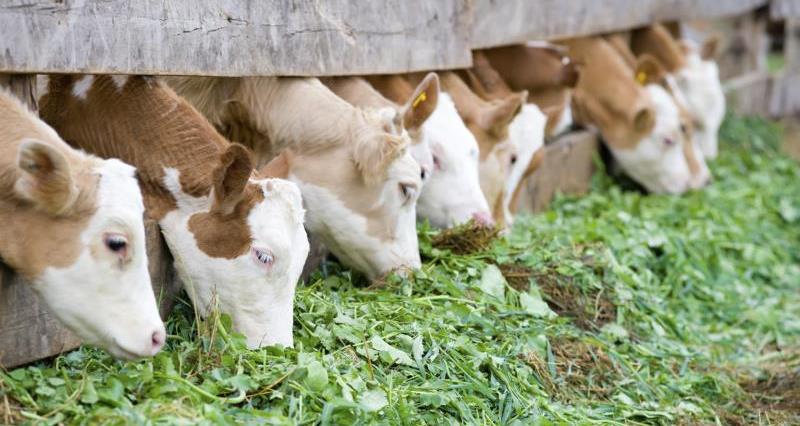The report recognises the very difficult trading environment that many British farmers have been facing over the past 24 months, during which time farm products across the board have faced a sustained period of low prices.
In the past 24 months, the average milk price has fallen by more than 33%, pig meat by 30% and feed wheat by almost 40%. The Lord’s report recognises the challenges facing the industry and presents a number of medium and longer terms recommendations directed at the EU, the government and the industry itself.
More...
- Read the European Union Committee report 'Responding to price volatility: creating a more resilient agricultural sector'
- Our business is your bottom line: NFUonline Economic Intelligence
- Read our latest 'State of the Farming Economy' report
- Staggering fall in farm incomes reflects reality of tough trading environment, says NFU
NFU President Meurig Raymond said: “Successive CAP reforms have led to changes in farm policy, with much less government intervention in agricultural markets. The NFU supports the progress towards a more market-led agricultural sector, where it is done fairly across the EU and without executive bureaucracy.
“We are actively supporting the European Commission’s agri-market task force. The task force is seeking to help farmers manage risk with a range of financial instruments. Central to these is robust, mandatory price reporting, which is vital if dairy futures are to be established in the European marketplace. We are also seeking urgent talks with the UK authorities to determine how European Investment Bank support can be channeled to best help the industry at this time of acute strain.”

The committee suggests that the CAP should undergo further restructuring primarily to support the provision of public goods.
Mr Raymond said: “It is clear that over the past 24months, with prices where they are, many farmers would struggle to continue in business. The NFU believes that the decoupled direct payments received by farmers by way of the Basic Payment Scheme (BPS) should remain at the core of the CAP and that the primary purpose should remain primarily an economic one.
“The direct payments provide a degree of income stability which enables farmers to maintain productive capacity despite volatile agricultural markets and climatic shocks. They provide some compensation for farmers in the EU who meet higher production standards. They provide a security against which farmers can invest and leverage additional private investment from banks and they allow farmers to deliver a range of wider public benefits that flow from the management of agricultural land. These are in addition to the basic public good of a secure supply of safe, high quality food.
“The Lords committee highlight that the European Commission must ensure that proposed regulation such as MIFID II does not hinder farmers ability to access critical risk management tools. NFU lobbying action over the past few years has sought a number of key exemptions in the standards drafted by the European Securities and Markets Authority (ESMA).
“In calling for greater Government efforts to deliver rural broadband, the report also echoes calls by the NFU in its recent report ‘Spotlight on Farm Broadband and Mobile Networks’.”
